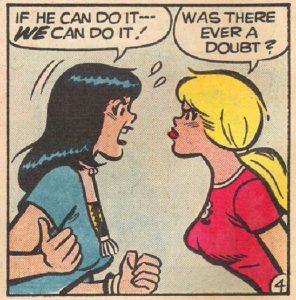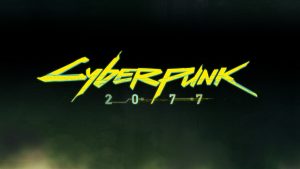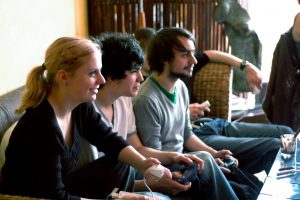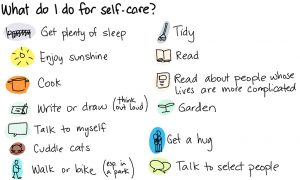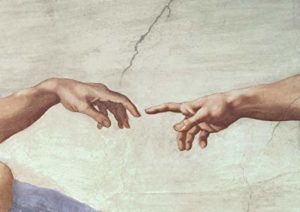
What makes us human can be seen without argument on the surface. We are bi-pedal, omnivores with opposable thumbs and a tuft of hair at the top of our head and no tail on our bottoms. A key debate item on what makes us human is our ability to emphasize with others, human and animal alike. Empathy has been seen in other mammals outside of humans including dogs, elephants, and chimpanzees. Animals have the ability to demonstrate the aptitude to “feel into” others to understand how they are and do something to help out. If this is so widely seen in mammals then this is not a human trait. Examples of humans making the wrong choice is clearly illustrated in Philip K. Dicks novel, Do Androids Dream of Electric Sheep? Halfway through the novel the main protagonist Rick Deckard is assigned to kill an android that is a public star on Earth and performs opera. Deckard himself enjoys her singing and enjoys opera and is almost convinced she is human. This does not stop him from “retiring” her (Dick). Only at this scene do we begin to see Deckard start to show empathy towards androids. Explained by James Harris at Johns Hopkins University, empathy is “an evolutionary mechanism to maintain social cohesion… you’re more sensitive to the pain of other members in a group” (Viegas, 2014). Deckard is unable to emphasize with the androids for so long because he thinks of his job as a “Us versus Them” complex. The determining factors on what separates human beings from chimpanzee’s, dogs, and elephants is our ability to think of not only the future but alternative ones. From this we are able to make deliberate choices.
A study done in 2010 at University of Michigan tested college age students’ ability to emphasize with each other. Through the use of a survey that asked questions like “I don’t feel sorry for other people when they are having problems” or “when I see someone being taken advantage of, I feel kind of protective towards them” to then gauge their reaction. Reactions were based on a sliding scale if the question described the student well or not at all. After completing this survey Michigan State found that college students are forty percent less empathetic then those who graduated two to three decades ago (Grasgreen, 2010). If as a generation we are becoming less empathetic and finding empathy as a less desirable trait, then we cannot claim that empathy is what makes us human. This is seen again in the novel, where the more empathetic character is John Isadore, who is claimed to be a chickenhead and special. Isadore is a chiceknhead because of his inability to pass an IQ test, and special from the radioactive dust that has made him unable to reproduce. If he is seen in the caste system as an untouchable, then his ability to feel empathy and emphasize easily is also undesirable. Isadore’s own boss mocks him when he mistakes an organic cat with an electrical one and becomes disheartened by its death.
Another prime example of empathy not belonging only to humans is in the overall themes seen in Do Androids Dream of Electric Sheep. While this book was published in the late sixties and highlighted issues seen during the cold war like sexism and the civil rights movement it also still holds truth to the present. The unsympathetic treatment of women and people of color in the sixties can be seen today through the #MeToo movement and the Black Lives Matter protests. In this novel, the major ideal and factor that helps to tell humans and androids apart is the ability to display empathy. There is a literal religion in the book based on empathy called Mercerism (read as Marxism) that revolves around the idea of an “Empathy Box”. The box takes the human characters to a scenario that is best described as multiplayer virtual reality and allows them to think and feel in a sort of hive mind state (Dick).
Yet, one of the main characters of the book Rick Deckard is very unremorseful until the middle-ending chapters of the book. Rick’s job is a bounty hunter, who gets paid to kill androids that were slaves on mars and escaped to earth. He holds no remorse for killing the almost seamlessly human like androids and has a main goal of gaining enough money to buy a real animal (Dick). The androids in this book show much more empathy then Deckard is able to. One android, named Pris Stratton, is visibly upset and distraught after learning that her friends that are androids have been killed, (by Rick) and that the killer is after her next. Her empathy shown towards the remaining two androids is that of someone who is scared of her friends dying. They are all in a similar boat and does not want harm to befall her friends (Dick). Empathy cannot be considered a human trait when we are so hesitant to display acts of empathy, but robots are easily able to feel for others with no hesitation.
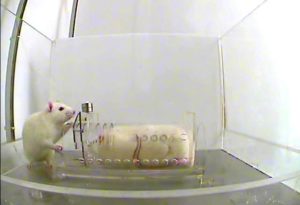
Major contributions to taking apart the idea that empathy makes us human is that other animals show empathy. Asian elephants for example are able to tell when someone in their group is stressed and will use their trunk to caress the upset elephant. This can be akin to a person consoling a baby that is crying by caressing them (Suddendorf, 2013). This is also seen in mice. Mice will only console family friends when they are in pain but will not reach out to other mice. This can be seen in humans, because we are more likely to help people that are similar to us than people who do not look like us. This was also true for the androids from the novel. An entire group of escaped androids had built their own police station as a way to protect each other and seem inconspicuous to the human population around them. When found out by Deckard, they ushered him into a room alone and tried to find an easy way to kill him without attracting too much attention to their makeshift safehouse (Dick). An assistant professor at Oregon Health & Science University who studied mice said that based off this finding “We believe there’s a genetic contribution to the ability for empathy” (Viegas, 2014).
A reason we may be less empathetic is from desensitization from twenty-four-hour news outlets, social media, and exposure to intense violence daily. A constant stream of violence and graphic images from the internet and the television can sometimes make it harder to emphasize with others. This is seen in Tim Recuber’s article “What Becomes of Empathy?” when he discusses the empathy gap. Seeing tragedies happen over seas in very different and distant places like Afghanistan and Iraq, it can be hard to feel anything but helpless. The empathy gap describes the feeling of maybe wanting to sympathize with the attacks in Iraq but not doing anything about it or to help. But when the Paris attacks and bombings happen, there is more of an outcry because that is a little less distant and different. Humans in general have a hard time feeling empathy for others especially when it crosses racial boundaries (Recuber, 2016).
Another reason it can be hard to emphasize with others is because of how divided we have become. In Donna Haraway’s “A Cyborg Manifesto” this is illustrated perfectly in a section named Fractured Identities. The paper talks consistently about feminism but can be applied to broader groups as well. In this article, Haraway explains how even in groups of marginalized individuals who should be able to “speak the same language” and relate to one another, that this is still not possible. While Feminism is predominantly made up of women, all of those women have a different experience with feminism (Haraway 295-300). A white woman upset at how her looks are ridiculed in her workplace is not able to relate to a black woman who is unable to get past the interview stage because she doesn’t fit into European beauty standards. There is no one person who is just a feminist, because they fit into other categories and go by other labels as well. With different labels, different backgrounds and different experiences, it can become almost impossible to unionize with others.
Works Cited
Buonarroti, Michelangelo. The Creation of Adam. C. 1510, Sistine Chapel Ceiling.
Dick, Philip K. Blade Runner: (Do Androids Dream of Electric Sheep?). Ballantine Books, 2007.
Grasgreen, Allie. “Empathizing 101.” Inside Higher Ed, 24 Nov. 2010.
Haraway, Donna. “A Cyborg Manifesto.” The Cybercultures Reader, by David Bell, Routledge, 2007, pp. 295–300.
Recuber, Tim. “What Becomes of Empathy.” Cyborgology, 20 July 2016.
Suddendorf, Thomas. “What Makes Us Human?” The Huffington Post, TheHuffingtonPost.com, 8 Feb. 2014, www.huffingtonpost.com/thomas-suddendorf/what-makes-us-human_b_4414357.html.
Young, Ed. Empathetic Rats Spring Each Other from Jail. 9 Dec. 2011.
Viegas, Jen. “Elephants Added to List of Animals That Show Empathy.” Seeker, Seeker, 18 Feb. 2014, 7:00 AM, www.seeker.com/elephants-added-to-list-of-animals-that-show-empathy-1768309442.html.
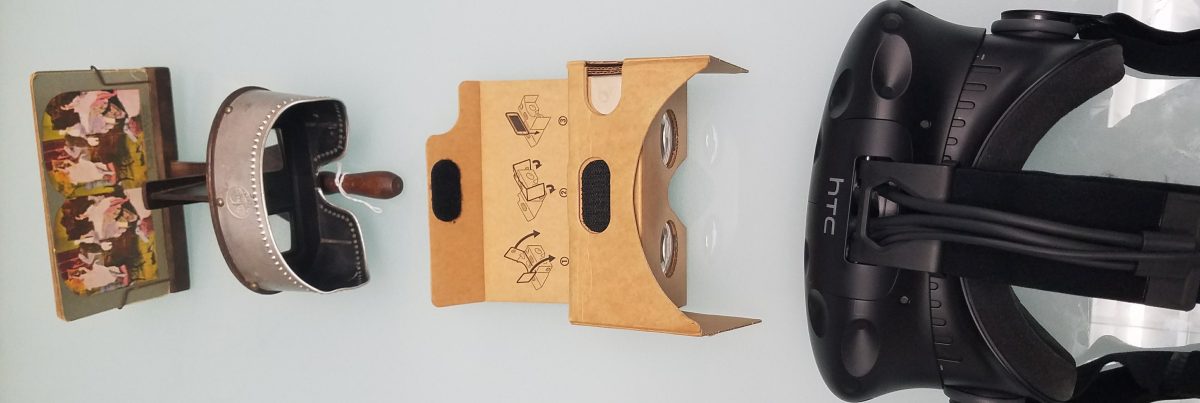
 Teenage girl watches men’s soccer on television (pxhere.com).
Teenage girl watches men’s soccer on television (pxhere.com).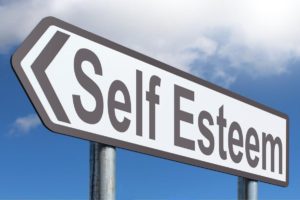

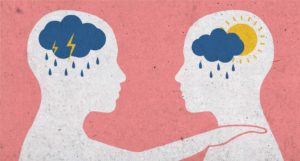 Have you ever wondered what it is that makes us human? What makes us different from androids? How do we know that we aren’t all living in virtual reality? These may be a few questions you may be asking yourself when you watch sci-fi movies or read sci-fi novels. Much of this futuristic material focuses on what makes humans different from machines. Some novels or movies focus on our views of reality. The novel “Do Androids Dream of Electric Sheep” explains that empathy is essential to every human and depicts the fallout of what happens when humans lack empathy toward one another. Empathy is needed by every human and is what separates us from machines. Empathy is by definition “the ability to understand and share the feelings of another” (English Oxford Living Dictionaries). Empathy is the very emotion that is keeping us from blowing everything to smithereens.
Have you ever wondered what it is that makes us human? What makes us different from androids? How do we know that we aren’t all living in virtual reality? These may be a few questions you may be asking yourself when you watch sci-fi movies or read sci-fi novels. Much of this futuristic material focuses on what makes humans different from machines. Some novels or movies focus on our views of reality. The novel “Do Androids Dream of Electric Sheep” explains that empathy is essential to every human and depicts the fallout of what happens when humans lack empathy toward one another. Empathy is needed by every human and is what separates us from machines. Empathy is by definition “the ability to understand and share the feelings of another” (English Oxford Living Dictionaries). Empathy is the very emotion that is keeping us from blowing everything to smithereens.